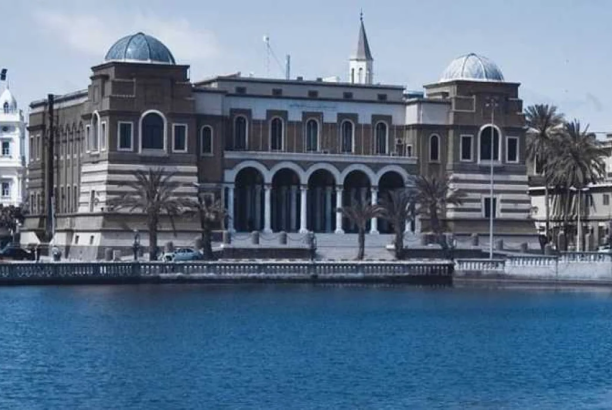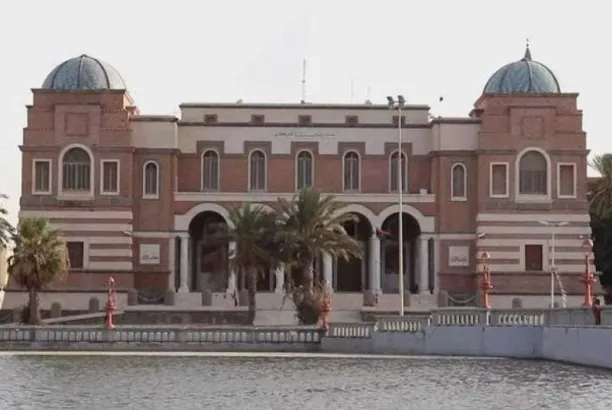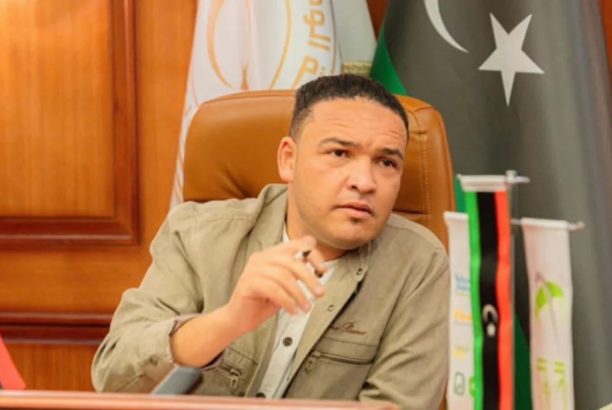
| News
Insurance and Economic Suicide Threatens Libya’s Insurance Sector
Abdel Nasser Al-Naas, Director of Underwriting and Marketing at the African Reinsurance Corporation & International Insurance Expert wrote:
The Libyan insurance sector is facing an unprecedented state of chaos, with around 77 active insurance companies in a small market with limited capacity and resources.
This numerical inflation does not reflect genuine growth but rather represents what can be described as “insurance and economic suicide.”
A Small Market That Can’t Handle Oversaturation
The Libyan insurance market cannot absorb such a large number of companies.
Available premiums are limited, and both technical and human capacities remain weak.
This leads to unhealthy competition, poor service quality, and the rise of “paper companies” that operate only in name—without offering any real value to the economy or to policyholders.
Lack of Regulation and Legal Loopholes Draining Foreign Currency
Even more concerning is the lack of effective regulatory oversight and legal loopholes that have opened the door to draining Libya’s foreign currency reserves.
Under the Law on Supporting and Encouraging Foreign Investors, a major loophole allows foreign companies to insure through their parent firms abroad, instead of being required to insure locally.
This practice—whether through Fronting Business or through granted exemptions—has resulted in insurance premiums being transferred abroad in foreign currency, directly supporting other economies at Libya’s expense.
This issue is not due to weak local companies, but rather to legislative and regulatory gaps that require immediate correction, especially since several strategic national projects have been insured through these channels, making foreign currency leakage a recurring phenomenon.
The Supervisory Authority: Between Dependence and Independence
It is essential to restructure the Insurance Supervision and Oversight Authority to ensure its full independence from the Ministry of Economy.
The authority must receive direct sovereign support from the Presidential Council, Parliament, or Government.
This independence will empower it to enforce real oversight, prevent violations, and combat money laundering and capital flight through the insurance sector.
Additionally, it is time to raise the minimum capital requirement for local insurance companies to at least 50 million Libyan dinars, enabling them to align with the scale of Libya’s economy and major projects.
Reinsurance companies should also increase their capital to reflect the level of risk in the national market.
Urgent Reforms Needed to Save the Sector
The current situation can no longer be ignored. The following steps are urgently required:
- Cancel all insurance exemptions granted to foreign investors.
- Amend the Insurance Law to require all projects within Libya to be insured locally.
- Separate the Supervisory Authority from ministerial control and grant it financial and administrative autonomy.
- Merge weak and inactive companies to reduce their number and ensure a more stable, competitive market.
Final Word
What is happening in Libya’s insurance market today is not normal—it is a serious structural flaw that threatens the national economy.
If this continues, Libya will face:
- A loss of public trust in the insurance system,
- Foreign currency depletion,
- And economic dependency on foreign companies.
It is time for decisive and urgent intervention to protect one of Libya’s most vital economic sectors before it collapses completely.





